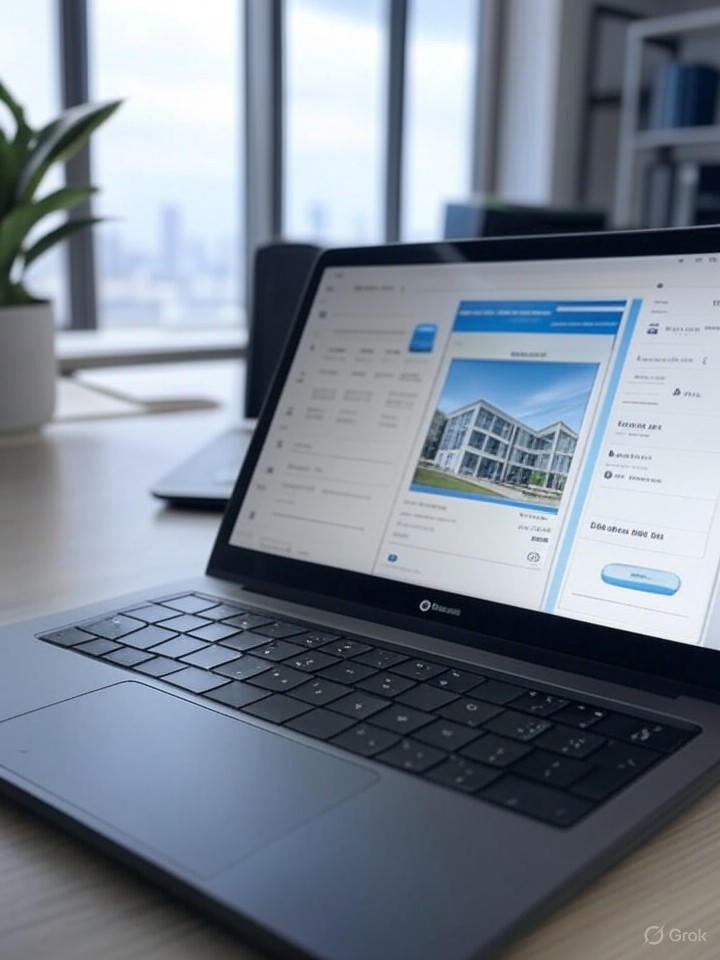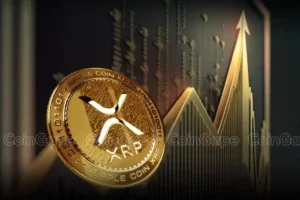In the evolving world of real estate investment, a new breed of platforms is democratizing access to rental property ownership, allowing everyday investors to dip their toes into the market with minimal capital and zero hands-on management. Take, for instance, the innovative approach highlighted in a recent Yahoo Finance article, which spotlights a platform enabling users to own stakes in rental properties starting at just $100, bypassing the traditional burdens of landlording. This model taps into the vast pool of individual landlords who dominate the U.S. market — many owning fewer than five units — while offering passive income streams that rival those of large real estate investment trusts (REITs).
These platforms leverage fractional ownership, where properties are divided into shares that investors can purchase, often through apps or online marketplaces. The appeal lies in the low entry barriers and the promise of steady rental yields without dealing with tenants, maintenance, or paperwork. According to the Yahoo Finance piece, such systems are gaining traction amid a housing market where renting remains a staple for millions of Americans, and individual investors seek alternatives to volatile stocks or low-yield bonds.
Tokenization Emerges as a Game-Changer in Property Investment
Beyond basic fractional models, blockchain technology is supercharging this trend through tokenization, turning physical real estate into digital assets that can be traded like cryptocurrencies. Posts on X from users like SPJ_CRYPTO and Andrew Cardell highlight platforms such as RealT and Propy, which offer tokenized shares in properties ranging from Detroit homes to Bali resorts, promising yields around 6-10% with daily payouts. This on-chain approach, as discussed in a Landshare post on X, bridges traditional finance (TradFi) with decentralized finance (DeFi), enabling staking, lending, and liquidity pools tied to real-world assets.
The integration of smart contracts and AI further streamlines operations, from tenant screening to rent collection. For example, Renta Network, frequently mentioned in recent X threads, uses NFTs for access rights and AI for fair, intermediary-free transactions, transforming how people rent and own properties. This aligns with broader market forecasts; an OpenPR report on the House Rental Platforms Market projects growth from billions in 2024 to even higher figures by 2033, driven by tech-enabled efficiencies.
Rising Competition and Market Dynamics in 2025
As institutional landlords face new rivals, including frustrated sellers turning to rentals, the sector is heating up. A CNBC article notes that some property owners are delisting sales to capitalize on rental demand, intensifying competition for platforms like Rently, which provides self-guided tours and smart home tech for managers. Meanwhile, tools from RentCast offer real-time rent comps and portfolio tracking, empowering owners with data-driven insights amid fluctuating market trends.
Property management software is also evolving, with players like Stessa and Apartments.com offering all-in-one solutions for tracking expenses, screening tenants, and collecting rent online. An OpenPR analysis on the Property Management Market predicts it will reach $40.7 billion by 2031, growing at a 7.5% CAGR, fueled by innovations from companies like IBM and AppFolio. In emerging markets, sites like 99acres in India are expanding buy-rent-sale portals, reflecting global adoption.
Challenges and Opportunities for Investors
Yet, this boom isn’t without hurdles. Regulatory scrutiny on tokenized assets and concerns over market volatility pose risks, as echoed in X discussions around blockchain’s role in real estate. Investors must navigate liquidity issues and due diligence, but the upside is clear: platforms like those in the Yahoo Finance spotlight allow diversification with small investments, potentially yielding passive income in a high-interest environment.
Looking ahead, the fusion of AI, blockchain, and user-friendly apps could redefine ownership. A Bizcommunity piece on breaking into South Africa’s rental market in 2025 emphasizes opportunities for first-time investors amid shifting dynamics, suggesting that tech platforms will lower barriers further. For industry insiders, staying abreast of these trends means monitoring integrations like Rently’s leasing automation or Landshare’s DeFi tools, which promise to unlock trillions in illiquid real estate value.
The Path Forward: Innovation Meets Accessibility
As 2025 unfolds, the convergence of technology and real estate is poised to create more inclusive investment avenues. Platforms enabling $100 entries into rental ownership, as per Yahoo Finance, exemplify this shift, appealing to millennials and Gen Z wary of traditional mortgages. Combined with on-chain advancements from entities like Renta Network, the sector is moving toward seamless, global participation.
Ultimately, these developments signal a broader transformation where ownership isn’t confined to the wealthy or experienced. By blending cutting-edge tech with proven rental models, investors can now build portfolios that generate real returns without the headaches, setting the stage for a more democratized future in property investment.


